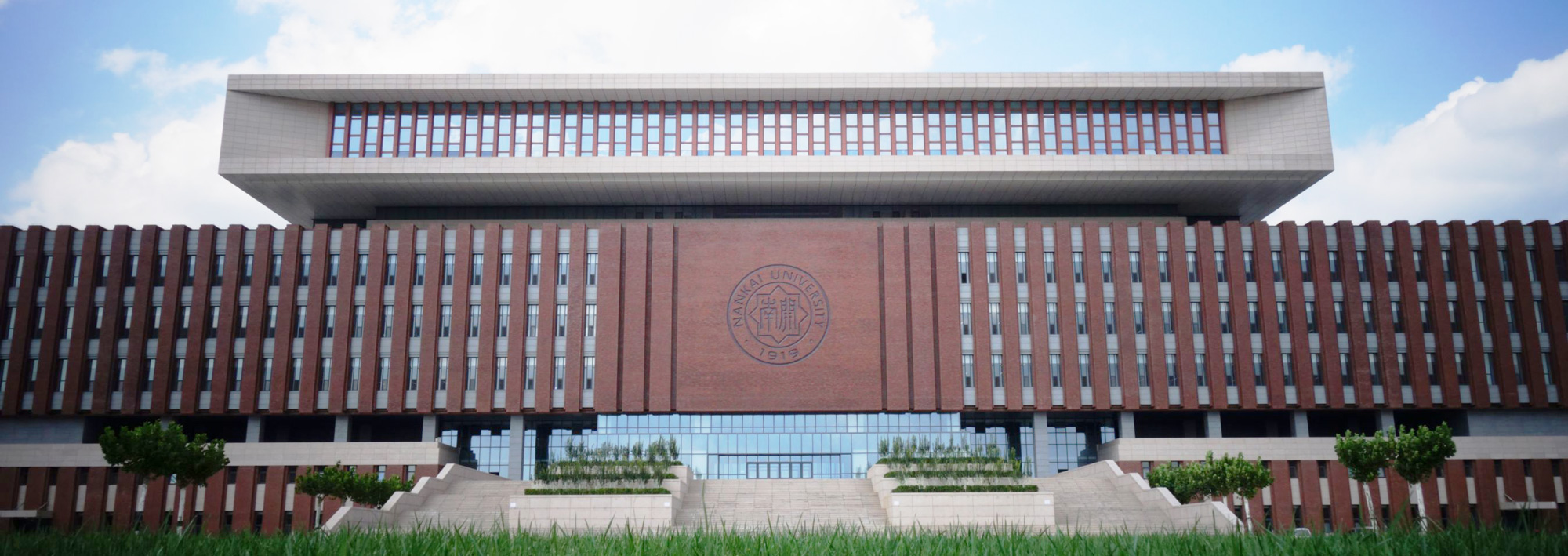GULF
2015-12-11 1313(次)
The GULF community currently has task forces working on five thematic tracks: capacity building in universities in developing countries, environmental sustainability, digital dissemination of university content, Middle East partnership and challenges, and intellectual property.
Capacity Building
At the World Economic Forum Annual Meeting 2009, GULF members and other university leaders signed a common statement on the responsibility of leading universities in capacity building. Synergies were created between the GULF and the African University Leaders Forum at the summit on "The Next Generation of Academics in Africa" in November 2008 in Accra, where a team of GULF members participated. A workshop of university leaders from African countries and GULF members was held in Johannesburg on March 4-5, 2010, with the support of the World Bank. The report of that workshop highlighted human capital, teaching materials and harnessing networks as areas of future collaboration.
Environmental Sustainability
Early in 2008, the GULF agreed to focus on energy issues and the development of energy efficient campuses. A conference, “Sustainable Academic and Corporate Campuses: Time to Implement” was held in June 2009 at EPFL, hosted jointly by the International Sustainable Campus Network (ISCN) and the GULF. The conference brought together different networks of universities and corporations involved in sustainable campus practices, to promote the exchange of best practices and an understanding of advantages and synergies among existing networks. A charter on sustainability practices was signed by the majority of GULF members at the Annual Meeting 2010.
Digital Enterprises
The involvement of various GULF universities in digital dissemination of content, along with the substantial technological advances of the last decade, led to a plan to create a searchable database of world-class online educational materials. A GULF meeting in autumn 2009 at Tecnólogico Monterrey forged strategic interlinkages for joint digital dissemination projects.
Middle East: Partnership and Challenges
At the Annual Meeting 2009, GULF members discussed partnerships and other forms of collaboration with institutions in the Middle East on scientific research and higher education. At the World Economic Forum on the Middle East in May 2009, scientists from the region and the diaspora, and public and private sector participants, focused on a long-term strategy for scientific research and higher education.
Intellectual Property
In November 2009, six American universities and the Association of University Technology Managers issued a statement of principles on the equitable dissemination of medical technologies. Four GULF institutions (Brown, Harvard, the University of Pennsylvania, and Yale) were among the signatories and other GULF members have expressed an interest in endorsing the document. This will be a key topic for GULF in 2010.
The World Economic Forum is an international institution committed to improving the state of the world through public-private cooperation in the spirit of global citizenship. It engages with business, political, academic and other leaders of society to shape global, regional and industry agendas.
Incorporated as a not-for-profit foundation in 1971 and headquartered in Geneva, Switzerland, the Forum is independent, impartial and not tied to any interests. It cooperates closely with all leading international organizations

